15 Things You Still Own That No Longer Fit Your Lifestyle
Over time, we all hold on to things that once fit how we lived, even when our routines and interests have changed. What used to be useful or meaningful can start to take up space or feel out of place. Cleaning out these items can make your home feel lighter and more in tune with how you actually live today. Here are some things many people still keep long after they’ve stopped fitting their lifestyle.
This post may contain affiliate links, which helps keep this content free. Please read our disclosure for more info.
Old formalwear you haven’t touched since pre-pandemic events
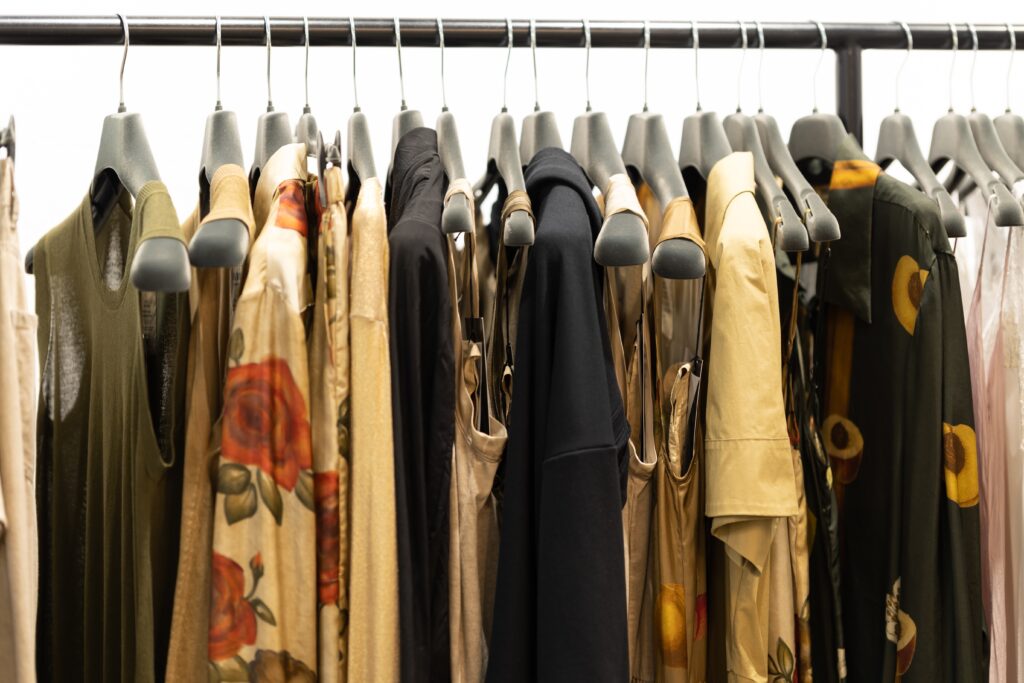
Many closets still hold suits, cocktail dresses, and evening gowns that haven’t seen the light of day in years. They once fit busy social calendars filled with weddings, office parties, and fancy dinners. Now, they hang unused as casual gatherings and remote work have taken over. Even if they still fit, they may no longer match your day-to-day style or comfort level.
Instead of letting them take up space, think about selling or donating them. Many organizations gladly accept lightly worn formalwear for people attending job interviews or proms. Passing them along gives someone else a chance to enjoy them while freeing your closet for clothes you actually wear. You might even rediscover your favorite pieces once the excess is gone.
Books or cookbooks that no longer match your interests or diet

It’s easy to hold on to shelves full of books that once inspired you. Cookbooks for diets you no longer follow, novels you’ll never reread, or hobby guides for activities you’ve outgrown can add up quickly. These books reflect past interests but may no longer fit who you are now. They can become clutter instead of comfort.
Try keeping only the ones you still love or use regularly. The rest can go to local libraries, community centers, or used bookstores. Passing them on keeps them in circulation while making room for new titles that suit your current taste. It’s a simple way to refresh your shelves and your mindset.
Fitness equipment collecting dust in the corner
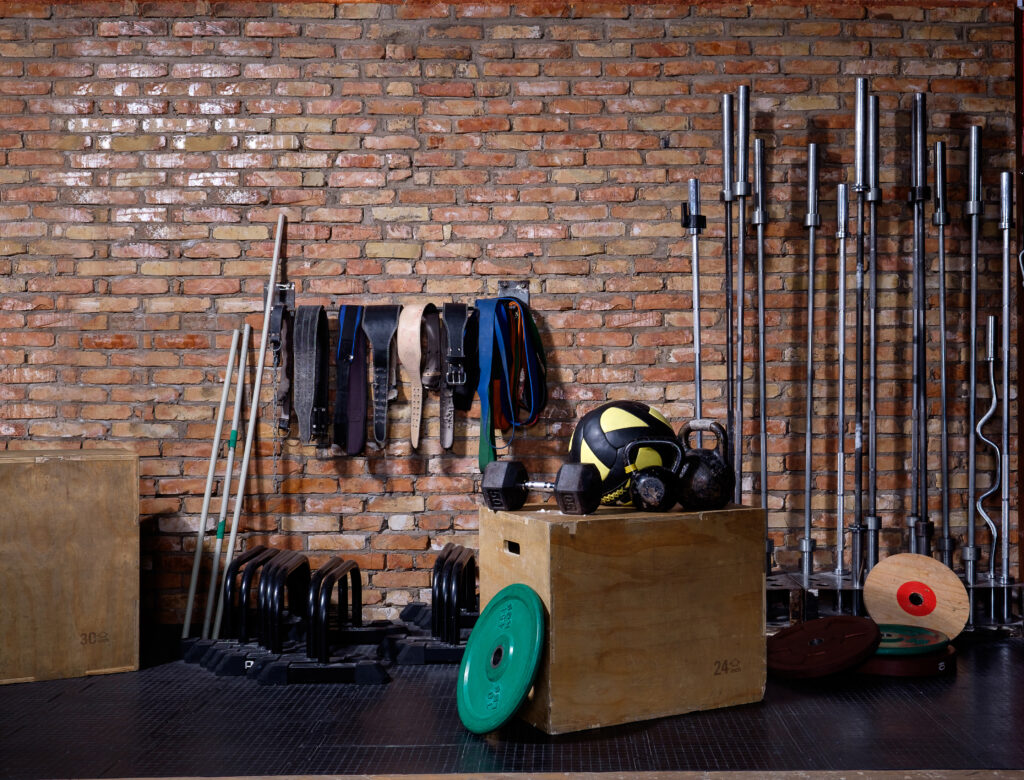
That treadmill or set of dumbbells might have been part of a past fitness goal. Maybe you had plans for a daily workout routine that never quite stuck. Over time, these bulky items become reminders of what you meant to do rather than what you enjoy now. They take up space and collect dust instead of motivation.
If they no longer serve you, consider selling or donating them to someone who will use them. You can always replace them later with items that fit your current habits, like resistance bands or a yoga mat. Letting go of unused gear can remove guilt and open up room for new routines. A lighter home often makes it easier to stay active in ways you actually like.
High-heeled shoes or dress shoes you stopped wearing after switching to remote work
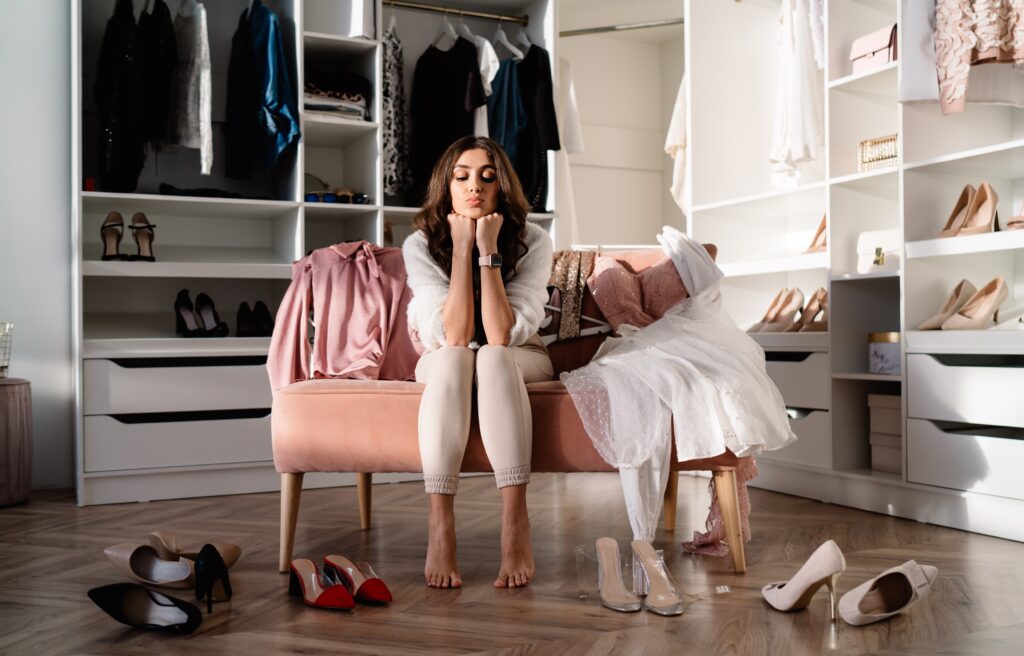
Many people shifted to working from home and realized they didn’t need a lineup of formal shoes anymore. Rows of high heels, loafers, or leather dress shoes sit untouched in closets. They may be stylish, but comfort often wins when you rarely leave the house or office. Keeping them around just adds clutter and guilt about wasted money.
You can keep one or two pairs for special occasions and part with the rest. Donating lightly worn shoes to clothing drives helps someone else step into their next chapter. It’s a practical way to reclaim space while supporting a good cause. Your wardrobe should match your reality, not your past office life.
Outdated tech gadgets like old phones, tablets, or MP3 players

Drawers full of tangled cords and outdated devices are common in most homes. Old phones, cameras, or music players once felt essential but now gather dust as technology moved forward. They can’t keep up with current apps or file types, yet it feels wrong to toss them. The clutter builds, hidden away but still taking mental space.
Recycling programs and electronic donation drives can give these items a second life. Many retailers even offer trade-in credits for older gadgets. Clearing them out keeps harmful materials out of landfills and simplifies your home. It’s satisfying to know your forgotten tech might help someone else stay connected.
Decorative items that no longer match your home style
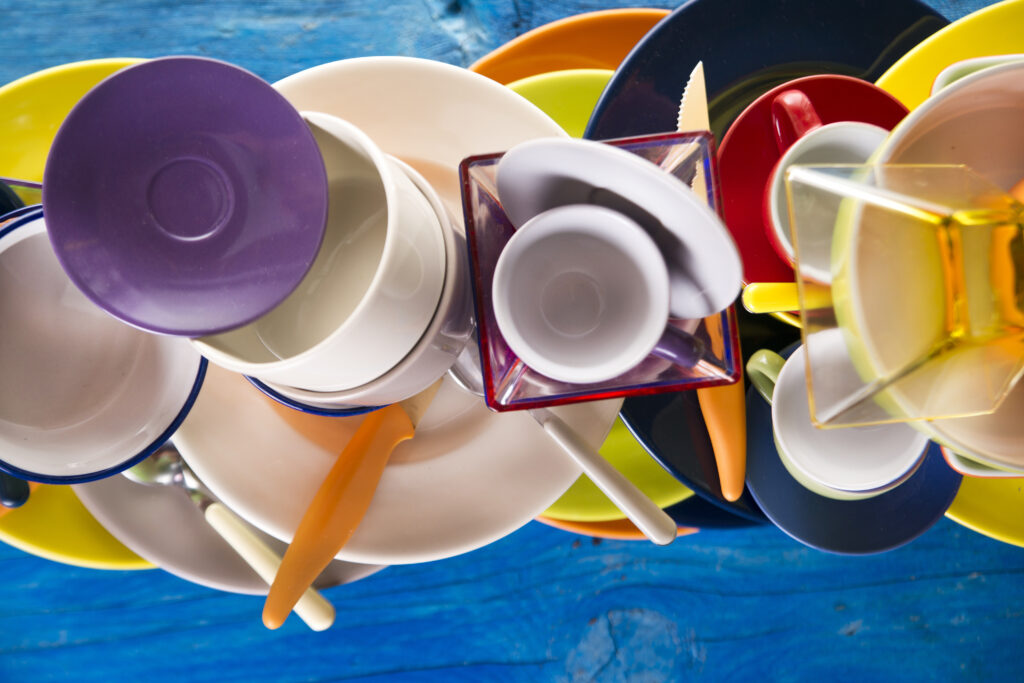
Your taste changes over time, yet old décor tends to linger. Pieces that once felt cozy or trendy can look out of place as your style shifts. Too many knickknacks or mismatched colors can make your space feel cluttered. Holding on to them often stems from habit rather than love.
Start by keeping only what you still enjoy seeing every day. Give away or sell the rest to someone whose home they’ll better suit. A cleaner, more intentional space often feels calmer and more personal. It’s surprising how quickly your home feels refreshed with fewer, better-loved pieces.
Hobby supplies from a phase you’ve moved on from
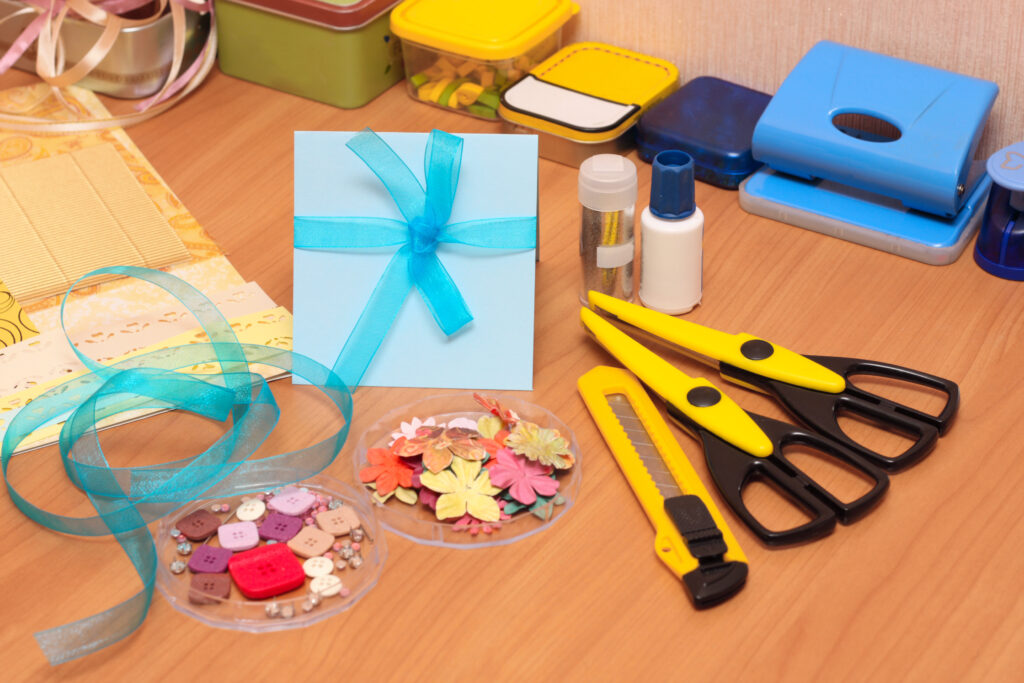
Every hobby leaves traces behind. Maybe you bought paint sets, yarn, or scrapbooking tools with big plans in mind. Over time, your interest faded, but the supplies remained. They can start to feel like reminders of half-finished projects rather than inspiration.
Passing those items to someone who will use them can be freeing. Community art centers or schools often welcome extra materials. You might even rediscover a creative spark once the clutter is gone. Letting go doesn’t erase the memories; it just clears room for what you enjoy now.
Kitchen tools or appliances you thought you’d use but never did
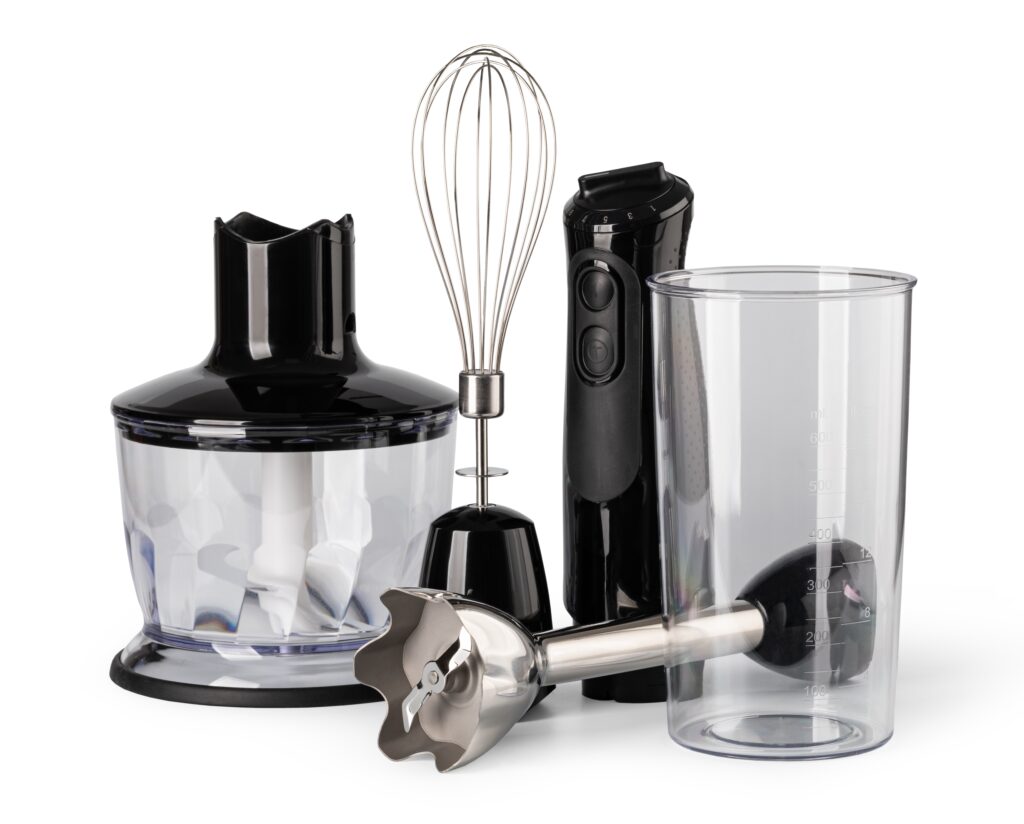
Many kitchens hold gadgets that seemed like great ideas at the time. Waffle makers, bread machines, or specialty blenders sounded fun until they ended up buried in a cabinet. These tools can take up valuable space while serving no real purpose. They become clutter disguised as potential.
Choose to keep only what fits your cooking habits today. Donating or selling the rest gives others a chance to actually use them. A simpler kitchen makes daily cooking easier and more enjoyable. You’ll likely notice you reach for your favorite tools more often once the extras are gone.
Extra bags, purses, or luggage that no longer fit your travel habits

If your travel style has changed, your luggage should too. Maybe you once traveled for work and now prefer weekend trips, or you’ve downsized to carry-on travel only. Those oversized suitcases or bulky duffel bags may no longer make sense. Even unused purses can pile up over time.
It’s worth sorting through them and keeping only what fits how you travel now. Lightweight or multipurpose bags often serve better than heavy sets. The rest can be donated to local shelters or thrift stores. Having fewer but better-suited pieces keeps trips easier and storage simpler.
Office supplies from when you worked in a different setup
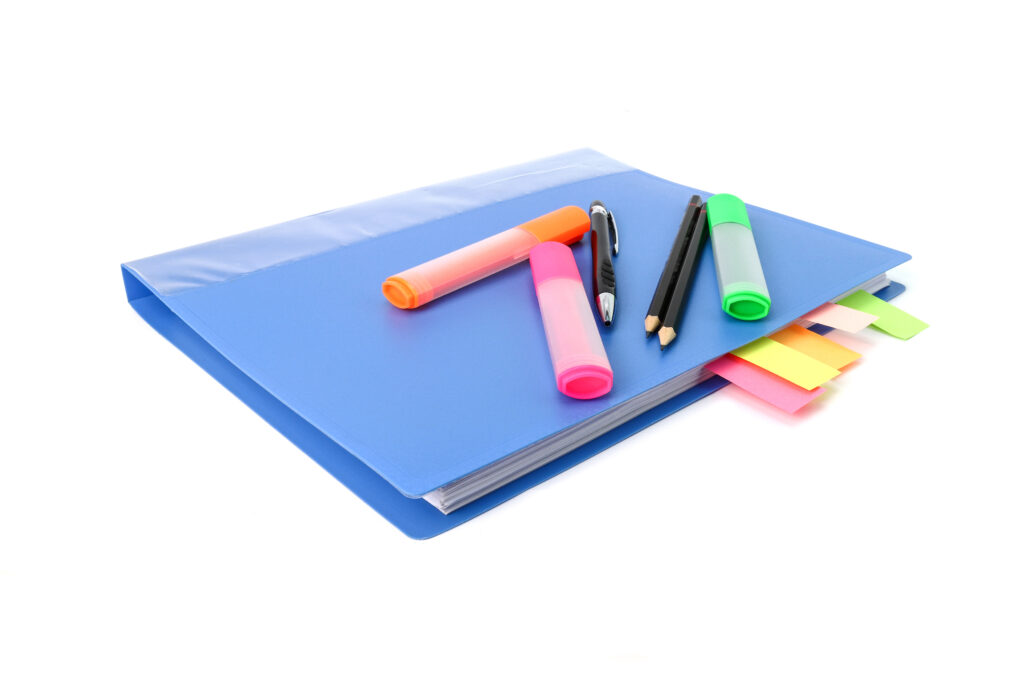
Pens, binders, paper planners, and extra folders often linger long after you’ve gone digital. They once felt essential in an office but now collect dust in drawers. Remote work and cloud storage have changed how people stay organized. Holding on to them just adds to visual clutter.
Keep a few basics for emergencies and pass the rest to schools or small businesses. Many still appreciate paper supplies and office tools. Clearing these items makes your workspace cleaner and more functional. It helps your environment match the way you actually work today.
Baby or toddler gear long after your kids have outgrown it
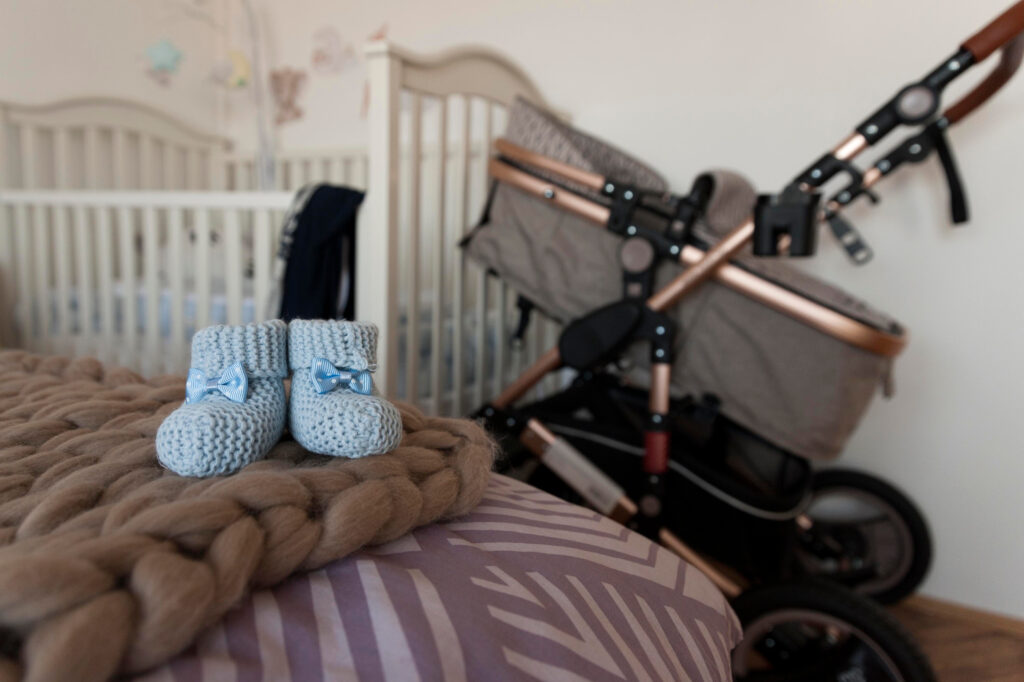
Parents often keep cribs, strollers, and toys out of sentiment or habit. These items hold memories of early milestones and first adventures. Yet as children grow, that gear becomes bulky clutter taking up space in closets or garages. It can feel emotional to part with it, even when it’s no longer useful.
Passing it on to new parents or donation centers helps those items find purpose again. You can keep a small keepsake or photo to remember the early years. The rest can help another family without weighing down yours. It’s a thoughtful way to clear space while sharing a little kindness.
CDs, DVDs, or vinyl you don’t play anymore
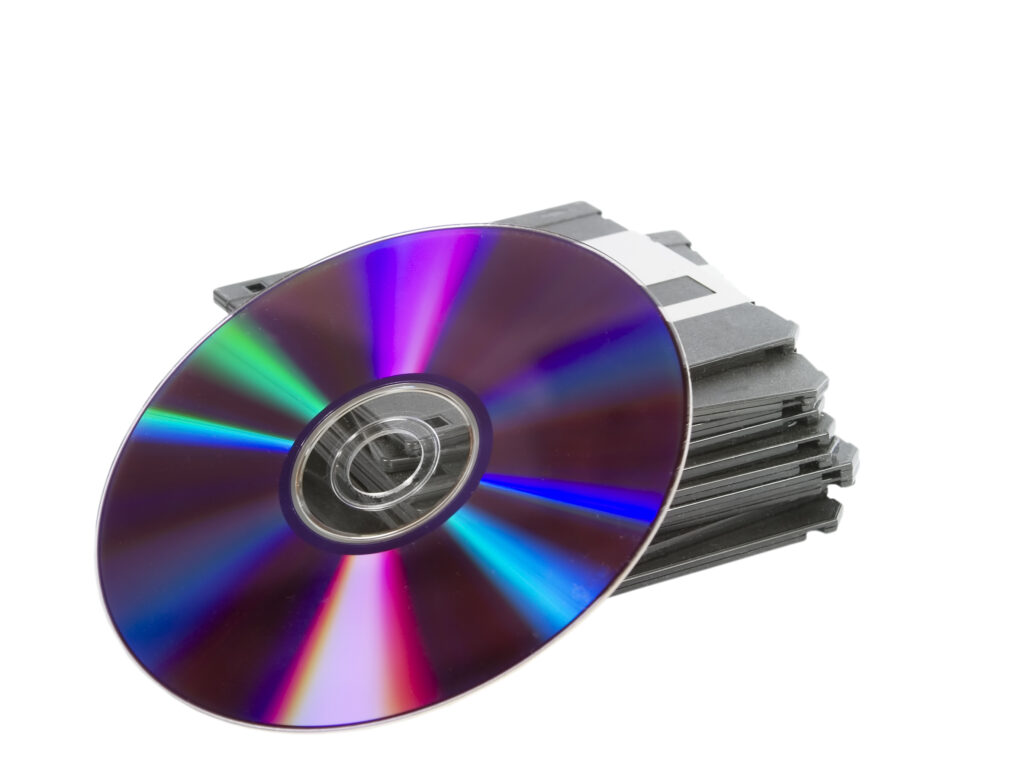
Entertainment habits have shifted toward streaming, yet collections still line many shelves. Old CDs, DVDs, or even records can take up room when your devices no longer play them. You may hold on for nostalgia or fear of regret. Still, if they haven’t been used in years, they’ve likely outlived their role.
Sell or donate them to collectors, resale stores, or libraries. Some may even be worth more than you think. Clearing them out can make space for items you actually enjoy. It’s an easy step toward simplifying without losing what matters.
Furniture that doesn’t fit your current space or lifestyle
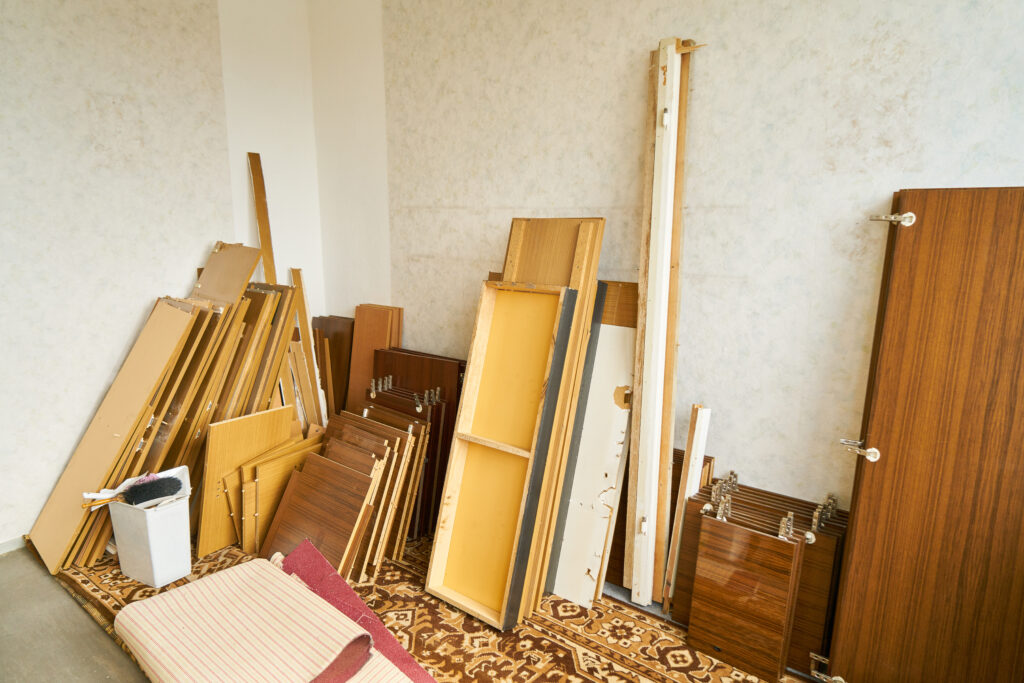
A move, renovation, or family change can leave you with extra or oversized furniture. That sectional once perfect for a big living room might now crowd a smaller space. Holding on out of habit can make your home feel cramped. Furniture should serve your needs, not dominate your rooms.
Consider selling, donating, or swapping pieces with friends or neighbors. Modern spaces benefit from lighter, more flexible setups. Letting go of large or outdated furniture can completely change how your home feels. You’ll appreciate the openness and comfort that come with a better fit.
Paper clutter like old bills, manuals, or receipts

Stacks of paper often build up faster than we realize. Old warranties, receipts, and mail pile up because we think we might need them someday. Yet most of these documents can be found online now. The piles create stress and make it harder to find what you actually need.
Take time to shred what’s outdated and file what’s important digitally. A small filing box or folder for key papers is often enough. This small change makes a big difference in daily organization. Less paper means more clarity and peace in your space.
Sentimental keepsakes you’ve been holding on to out of guilt rather than joy
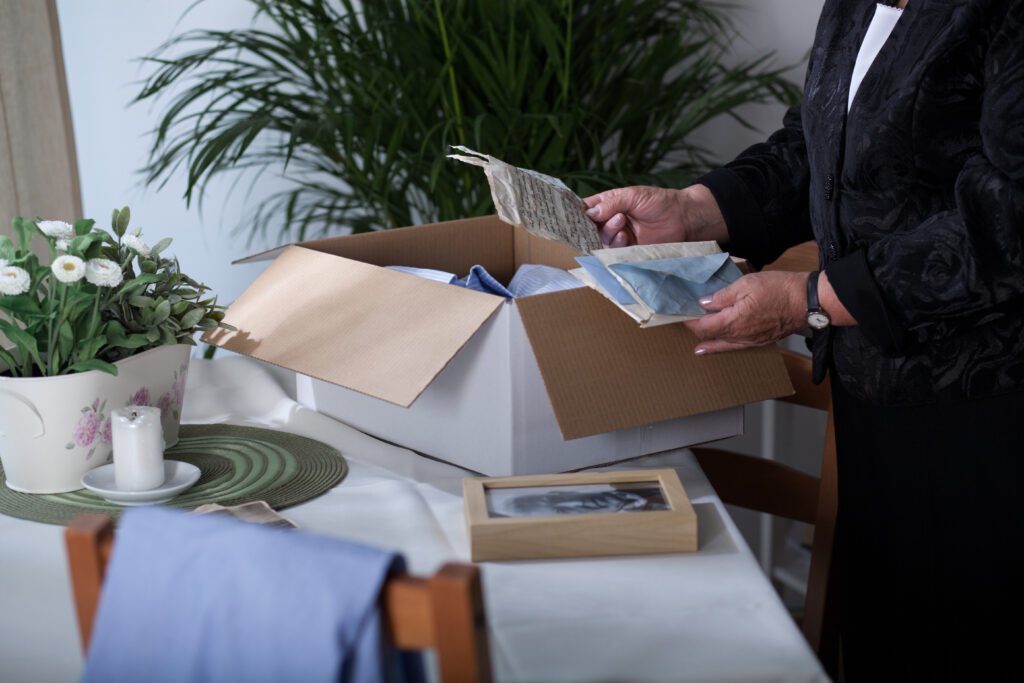
Sentimental clutter is often the hardest to tackle. Cards, gifts, or heirlooms may carry memories that feel too heavy to part with. Yet keeping everything can make it harder to appreciate the things that truly mean the most. Too much sentiment can turn meaningful items into background noise.
Try keeping a few favorites and letting go of the rest without guilt. Take photos of items before parting with them if that helps. What matters most are the memories, not the objects themselves. Letting go can make space for new experiences and a calmer home.
This article originally appeared on Avocadu.
